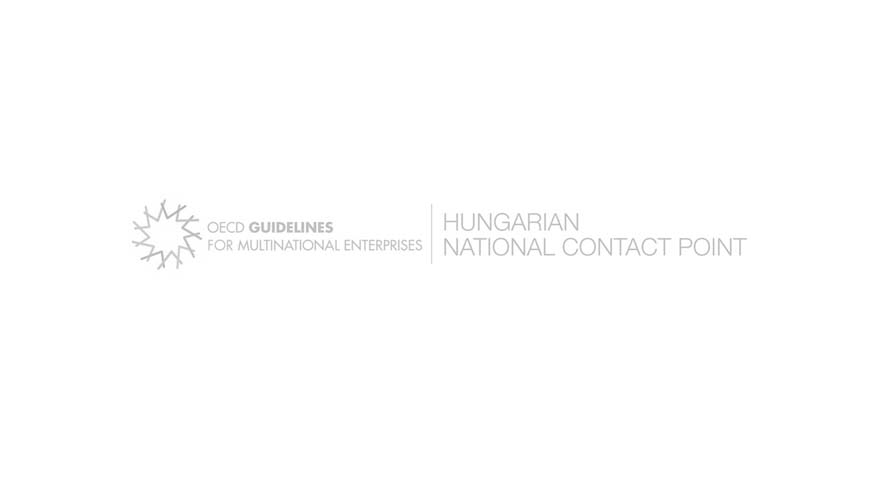The Guidelines
The OECD Guidelines for Multinational Enterprises (OECD Guidelines)
Over the last three decades, the international business environment has undergone significant structural changes with providing a window for new opportunities via opening up new markets, allowing unprecedented developments and making mergers and acquisitions. Multinational enterprises have made a major contribution to this economic development, while facing serious challenges in coping with different business environments and responsible business conduct.
In the meantime, there have been several market players, who caused serious damage to the local population and indigenous people through their irresponsible, unethical (business) behaviour and hence not only gained an unfair competitive advantage amongst their ‘peers’ , but also distorted the level playing field. The OECD has therefore developed the Guidelines for Multinational Enterprises, which provide a comprehensive and widely accepted summary of Responsible Business Conduct helping market participants to meet the requirements of such conduct. Although primary addressees of the recommendations are multinational enterprises, they provide an adequate guidance to all responsible businesses and companies. They cover all key areas of business responsibility, including human rights, labour rights, environment, bribery, consumer interests, as well as information disclosure, science and technology, competition, and taxation.
English and French versions are both considered as official documents of the Guidelines.
In order to apply the Guidelines, Adherents (adhering countries) shall pursue information and promotion activities, including dissemination, and operate a National Contact Point (NCP). NCPs are established by governments to promote the OECD Guidelines and to handle cases against companies when the OECD Guidelines are not observed as a non-judicial grievance mechanism. NCPs have supported access to remedy on a global scale by providing a platform for mediation and conciliation for the parties involved in specific instances.
Secretary of the OECD Investment Committee coordinates the alignment of activities of each adhering country and complements their activities with further initiatives. It has also updated the website and visual elements of the Guidelines, set up a database that provides access to information on specific instances handled by NCPs and produced an information brochure to help increase awareness of the Guidelines.
Application of the Guidelines is further facilitated by OECD’s stakeholder organizations: BIAC, Business and Industry Advisory Committee to the OECD, TUAC, Trade Union Advisory Committee to the OECD and OECD Watch, a global network of civil society organisations.
In fact, corporate social responsibility, as advocated by the Guidelines, also benefits ethical businesses and companies by representing ethical business conduct that makes their employees more committed, helps to prevent conflicts with the surrounding society and enables safe planning for the longer-term.
The Proactive Agenda is an integral part of the Guidelines that complements the specific instance procedure by helping enterprises identify and respond to risks of adverse impacts associated with particular products, regions, sectors or industries. For further information, please visit the following link: https://oecdmnkp.hu/en/proactive-agenda
The OECD Guidelines for Multinational Enterprises (updated 2023 version)
Responsible Business Conduct Matters
BIAC brochure
TUAC brochure

2021-10-07 05:02
Proactive Agenda
The Proactive Agenda complements the specific instance procedure by helping enterprises identify and respond to risks of adverse impacts associated with particular products, regions, sectors or industries.
Central to its potential to effect change on a broad scale is its employment of the multi-stakeholder process which gives stakeholders the opportunity to participate side-by-side with enterprises in developing strategies to avoid risks of adverse impacts. Proactive agenda work should add value and avoid duplication with other initiatives and collaborative efforts. Nonetheless, it has no intention to extend the scope of Guidelines with new responsibilities or recommendations. For further information, please visit the following link or click on the sector-specific recommendations below.
